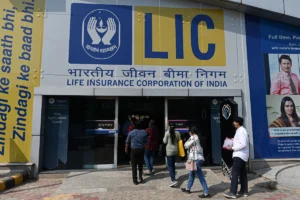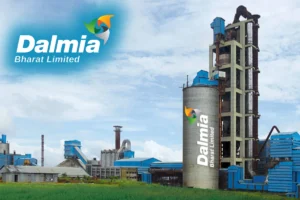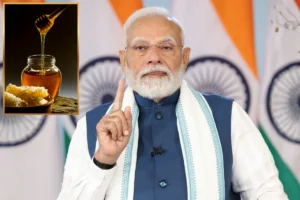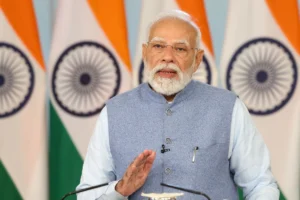
Yes Bank
India’s central bank has given conditional approval to U.S. private equity firms Carlyle Group Inc and Advent International for their purchase of a combined 20% stake in Yes Bank NSE 10.99 %.
Shares of Yes Bank touched a 52-week high and closed 11% higher at Rs 19.7 after the bank received approval from the RBI to issue shares to private equity funds that were part of Advent and Carlyle groups.
“The investors are evaluating the conditions,” Mumbai-based Yes Bank said. The bank and investors will engage with RBI to seek an early resolution of the conditions to get final approval.
Yes Bank, in a statement to NSE, said that it would issue shares to CA Basque Investment and Verventa Holdings.
Carlyle, Advent, Yes Bank and the RBI did not immediately respond to media emailed requests for comment.
Prior reports
The Bank had said, “It is looking to boost its capital and fund growth”, in July. It would raise $1.1 billion from Carlyle and Advent for a 10% stake each in the bank. The funds were to be raised by issuing shares worth $640 million and share warrants worth $475 million.
The proposed sale to the private equity firms came two years after the RBI stepped in to take control of the bank after a dramatic rise in toxic assets alarmed investors and depositors, posing a systemic risk to India’s banking sector.
In September, Bank approved the transfer of stressed assets worth 480 billion rupees ($5.91 billion) to private equity firm J.C. Flowers in an attempt to clean up its balance sheet.
Both the private equity firms had earlier received RBI nod to invest over Rs 8,000 crore in the private bank. They can pick up a stake of just below 10% each. This is one of the largest investments by private equity firms in the banking sector in recent years.
The bank finalized the stake sale after it signed a deal with JC Flowers to rid nearly Rs 50,000 crore worth bad loans from its balance sheet.
The Bank was bailed out by a consortium of Indian banks and institutions that pumped in Rs 11,000 crore in March 2020 as a rescue package. Those shares had a three-year lock-in, which ends in March 2023. At current prices, the investors have almost doubled their money.
Also read: Petrol Diesel Price: Crude Oil Prices Continue To Fall, Change In Petrol-Diesel Prices?
To read more such news, download Bharat Express news apps






















